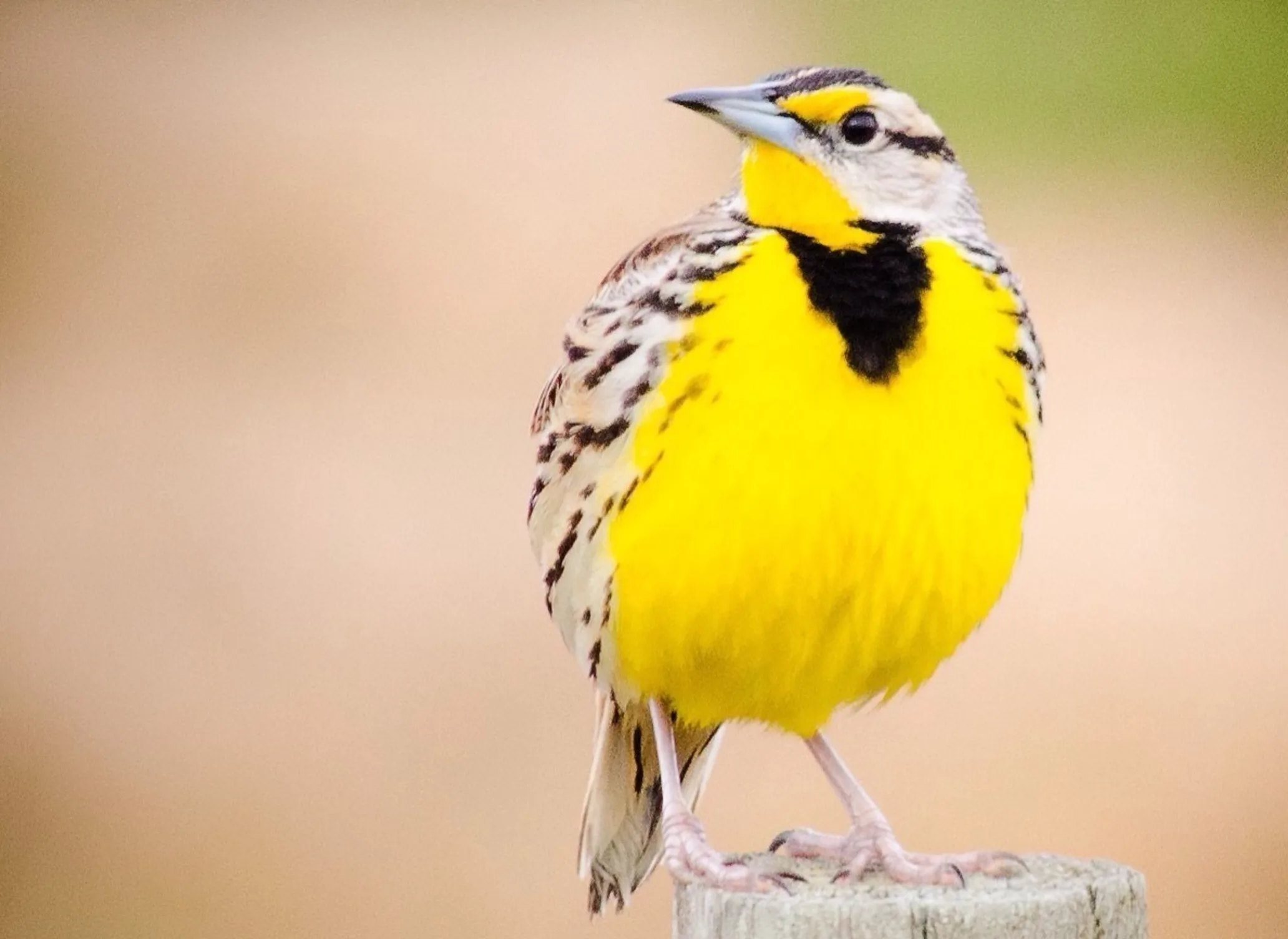Northwest Arkansas Land Trust creating unique nature preserve dedicated to grassland birds

Birds that depend on open grasslands are the fastest declining birds in North America, so when Mrs. Betty Hinshaw agreed to donate 25 acres along Little Wildcat Creek in Tontitown, Arkansas, the accredited Northwest Arkansas Land Trust jumped at the chance to create a one-of-a-kind nature preserve dedicated to the conservation of grassland birds.
The result: The Betty Hinshaw Bird Sanctuary will open to the public this fall.
“Mrs. Betty and the Hinshaw family have been stewards of their land for 60 years and we are honored they have entrusted us with protecting and stewarding a piece of it for the future,” said Pam Nelson, Northwest Arkansas Land Trust’s director of land protection.
Since 1970, an estimated 3 billion birds have been lost due to habitat destruction, according to a study published in Science Magazine. In Northwest Arkansas, this reality has local significance as 13 of the 42 birds listed as “species of greatest conservation need” in the region require grasslands for food, shelter and nesting.
"Like most people, I want to leave something behind that means something," said Mrs. Hinshaw, who recently celebrated her 97th birthday. "I'm just happy our feathered friends will find a safe place to nest because of the responsibility the land trust has taken on.”
Grassland habitat is becoming increasingly rare in the United States — nearly 53 million acres of our nation’s grassland habitat have disappeared in the last 10 years. These ecosystems — comprised of tallgrass, mixed grass and shortgrass prairies, sagebrush shrub-steppe and savanna grasslands — are critical for wildlife and agriculture and have the potential to remove carbon from the air and store it in the soil in large quantities. Multiple land trusts have also pursued grassland conservation as a natural climate solution. And this past summer, the Land Trust Alliance celebrated the introduction of The North American Grasslands Conservation Act.
The Northwest Arkansas Land Trust will restore the 25-acre tract to its native grassland state, complete with local species of tallgrasses and prairie wildflowers, a dedicated pollinator habitat, and native shrub thickets that will provide nesting areas and cover.
“Pre-European settlers, there were about 3 million acres of grasslands in the state of (what is now) Arkansas,” said Marson Nance, Northwest Arkansas Land Trust’s director of land stewardship and research, in a summer interview with United Methodist News. “Only about 1 percent of those grasslands are remaining.”
The land trust has partnered with the Arkansas Game and Fish Commission on the project — the agency’s Acres for Wildlife program will provide material and technical support on the restoration work that is already underway, with a goal of having the sanctuary ready to greet the public by Nov. 1.
There will be a small parking area and a mile-long public trail to allow for quiet pedestrian access and birding opportunities for the community. Some of the birds expected to be observed include bald eagle, Mississippi kite, yellow-billed cuckoo, scissor-tailed flycatcher, indigo bunting, American goldfinch, Cooper’s hawk, red-tailed hawk and eastern bluebird.
“I can’t overstate the importance of what Mrs. Betty has done by donating this land to the Northwest Arkansas Land Trust,” said Nance. “Not only has she preserved a piece of her family legacy, but she has also preserved a piece of our natural legacy. We hope that public access will open the door for educational opportunities and foster the next generation of conservationists here in Northwest Arkansas.”
Make sure to check out the Northwest Arkansas Land Trust website for more information on the sanctuary, and if you’re interested in birds more generally, check out their Birding 101 video series!